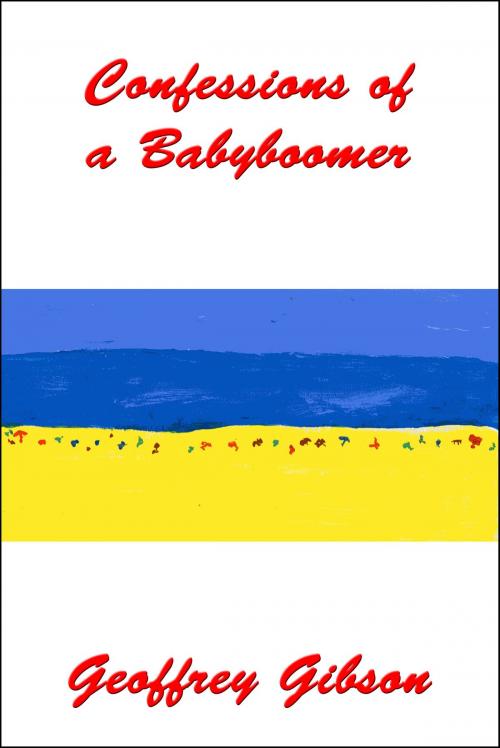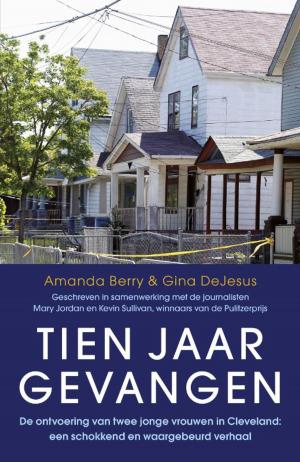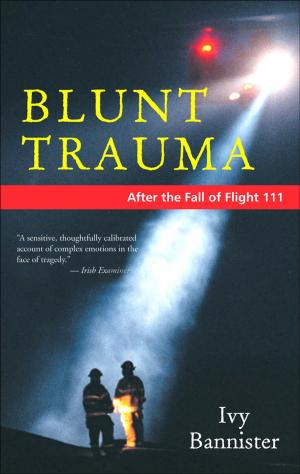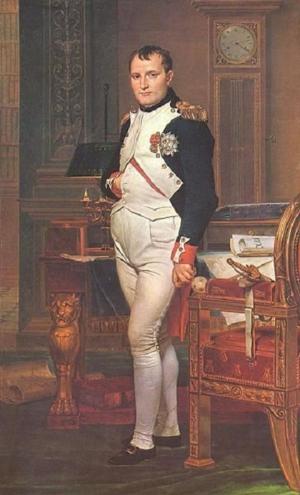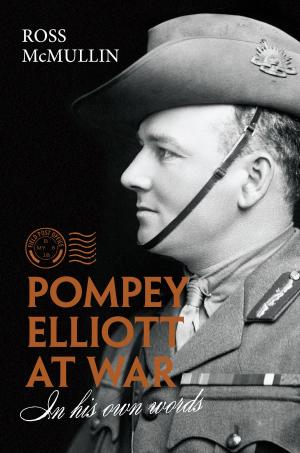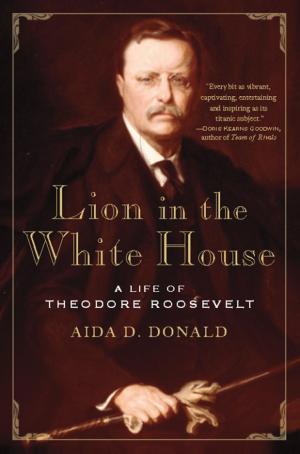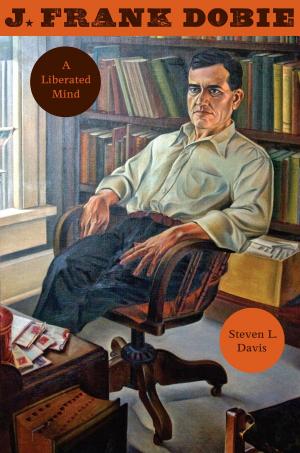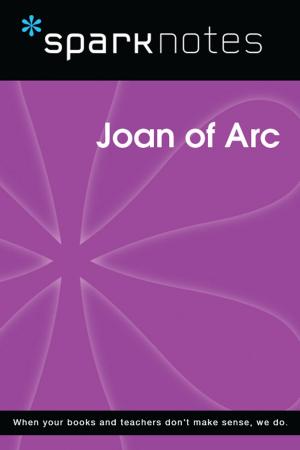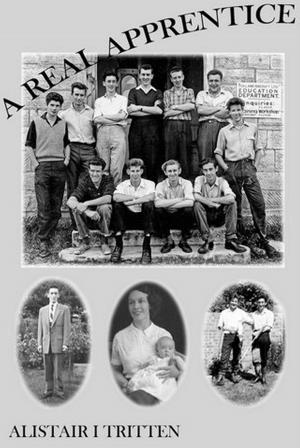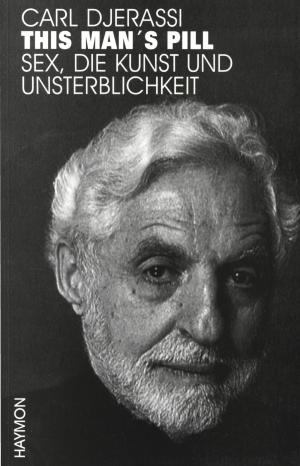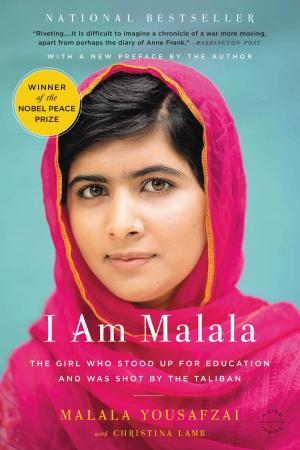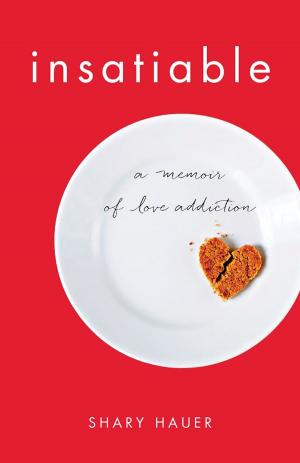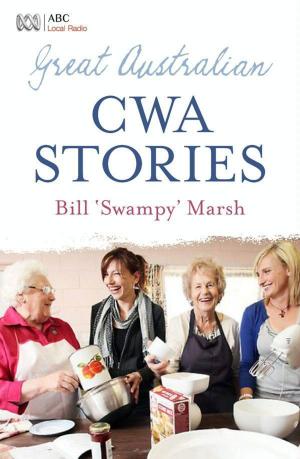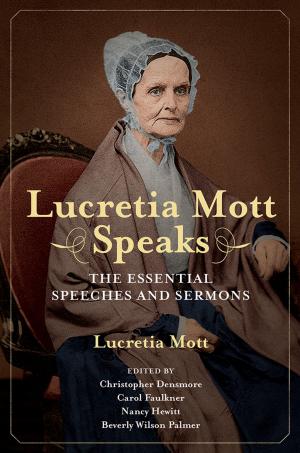| Author: | Geoffrey Gibson | ISBN: | 9781310700910 |
| Publisher: | Geoffrey Gibson | Publication: | June 14, 2014 |
| Imprint: | Smashwords Edition | Language: | English |
| Author: | Geoffrey Gibson |
| ISBN: | 9781310700910 |
| Publisher: | Geoffrey Gibson |
| Publication: | June 14, 2014 |
| Imprint: | Smashwords Edition |
| Language: | English |
This book is an autobiographical memoir of the author. It goes through to when I turned 30. Eleven days later, Gough Whitlam, the P M, got sacked. Innocence, if not paradise, was lost. It is meant to give a snapshot of what it was like to grow up in a very different Australia – if you were born here at the end of the War. References are made to outside political and sporting events, and to social customs and consumer habits to round out the picture. One theme is the difference between three generations. My parents, Mac and Norma, left school at about 13, and had to survive the depression and a real war; they got by with hard work and saving and a very pinched way of life, with both of them in work; they looked for their reward in the next generation rather than in a frugal retirement; they knew the value of money and saving. My generation was not tested by a depression or a real war; we grew up in God’s country and we had everything before us – there were hardly limits to what we could achieve; we came into money, and we forgot its value and purpose. We babyboomers had enjoyed our day in the sun. We had taken what was on offer when the war ended. We actually got to walk along what Churchill called the broad sunlit uplands. This was a promised land, it had been promised to us, and we had been cocooned in it.’ But the next generation looks very different – they grew up amid at least the trappings of wealth and an image of an urbane lifestyle as we sought to cast off the cringe (while clinging grimly to the Queen) and give them the best, but these children did not seem to be looking at a world of opportunity; au contraire, they were looking at threats and broken illusions. My conclusion is that my generation were ‘the luckiest bastards alive’, and I doubt whether we have done all that we could to redeem the faith that our parents put in us. Since it is a personal memoir, there are no footnotes. This book is nearly 40,000 words.
This book is an autobiographical memoir of the author. It goes through to when I turned 30. Eleven days later, Gough Whitlam, the P M, got sacked. Innocence, if not paradise, was lost. It is meant to give a snapshot of what it was like to grow up in a very different Australia – if you were born here at the end of the War. References are made to outside political and sporting events, and to social customs and consumer habits to round out the picture. One theme is the difference between three generations. My parents, Mac and Norma, left school at about 13, and had to survive the depression and a real war; they got by with hard work and saving and a very pinched way of life, with both of them in work; they looked for their reward in the next generation rather than in a frugal retirement; they knew the value of money and saving. My generation was not tested by a depression or a real war; we grew up in God’s country and we had everything before us – there were hardly limits to what we could achieve; we came into money, and we forgot its value and purpose. We babyboomers had enjoyed our day in the sun. We had taken what was on offer when the war ended. We actually got to walk along what Churchill called the broad sunlit uplands. This was a promised land, it had been promised to us, and we had been cocooned in it.’ But the next generation looks very different – they grew up amid at least the trappings of wealth and an image of an urbane lifestyle as we sought to cast off the cringe (while clinging grimly to the Queen) and give them the best, but these children did not seem to be looking at a world of opportunity; au contraire, they were looking at threats and broken illusions. My conclusion is that my generation were ‘the luckiest bastards alive’, and I doubt whether we have done all that we could to redeem the faith that our parents put in us. Since it is a personal memoir, there are no footnotes. This book is nearly 40,000 words.
